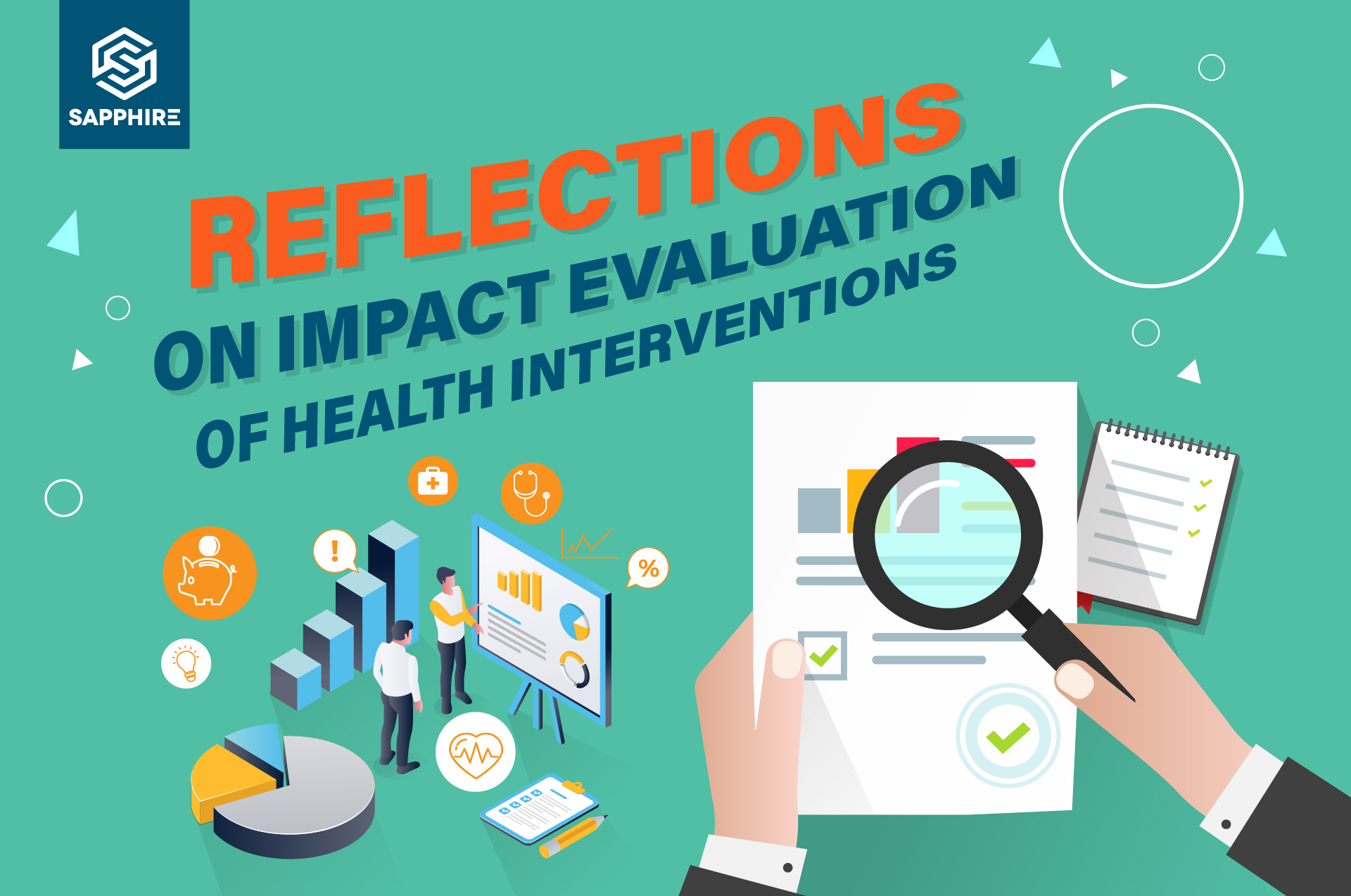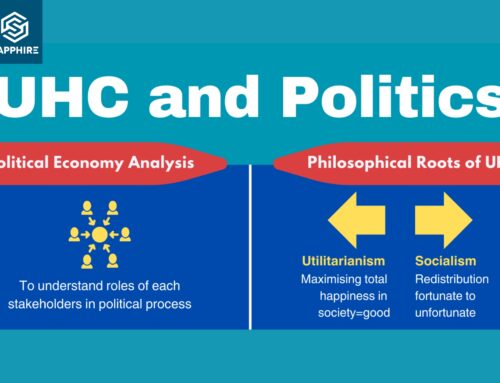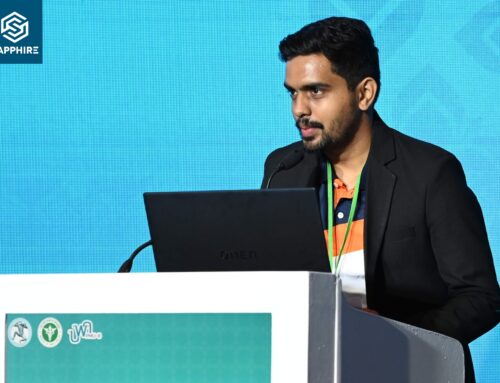
“This reflection is one in a series of blogs published by HITAP on behalf of participants of a workshop on Impact Evaluation of Health Interventions hosted by the Saw Swee Hock School of Public Health, National University of Singapore. This series includes reflections from participants from Bhutan, Vietnam, and the Philippines.”
The course was well structured with sufficient time for each topic. The lecturers were excellent and knowledgeable, supplemented by very helpful and active training assistants (TAs). The content of the course covered most of the issues that we are facing in real practice. Some key methods to evaluate the health interventions were discussed, including propensity score matching, difference-in-difference, and regression discontinuity design. These techniques can be applied to real-world data to illustrate the effectiveness, as well as the impact of health interventions, when evidence from randomised control trials is not possible.
Even though the course was held in an online format, the organisers did a great job of making the course comparable to an on-site course. The materials were sent beforehand which allowed participants time to prepare and discuss unclear points, if any, during the class. What I liked the most during this course were the practice sessions where I could practice with a real example with the support from lecturers and TAs. My suggestion for future editions of the course is for the organiser to allocate more time to practical sessions in which groups of participants are assigned to evaluate the impact of different interventions. This would allow the participants to think critically about selecting study design, preparing data, as well as analysing data to illustrate the real-world effectiveness of interventions.
My sincere gratitude goes to HITAP for supporting us to participate in this wonderful course, and the SSHSPH NUS team for its tireless efforts in organising this course. I look forward to participating in more training events in the time to come.



